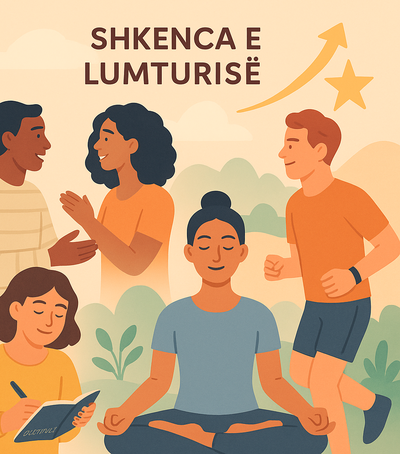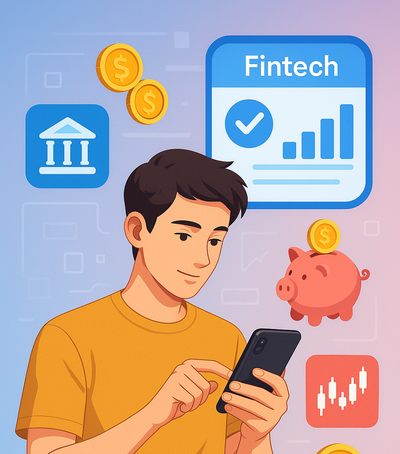
In an age where the phone screen often replaces face-to-face encounters, recent university studies shed light on how online dating platforms are shaping the way we connect emotionally. Users reportedly spend more time evaluating a potential partner’s profile than exploring the feelings of the moment, creating a behavioral protocol that encourages perfectionism but also early prejudices. This widespread approach has led to a rise in the “cataloging effect”: individuals constantly seek “better” while avoiding the possibility of investing deeply in imperfect relationships.
In terms of emotional intimacy, research shows that virtual acquaintance can slow down the feeling of trust and immediate closeness. When communication relies primarily on written messages, the lack of gestures, vocal tone, and body signals reduces the ability to read the other person's true emotions. However, after moving to physical meetings, couples who have followed a long phase of online conversations often report an initial stutter, although this is accompanied by a stronger increase in long-term intimacy once trust is built.
Another important finding relates to the impact on our communication skills. The act of formulating perfect messages and revising them before sending creates high expectations for verbal accuracy and emotionality. In a study by the University of Exeter, participants who spent more than two hours a day on dating apps reported difficulty expressing verbal spontaneity even in casual conversations with friends and family. This process of self-moderation is often seen as helpful in building social awareness, but it carries the risk of difficulty relaxing and expressing oneself naturally in face-to-face interactions.
Longitudinal studies from the University of California show that people who develop successful online relationships and move into serious commitments within a year have a lower probability of relationship breakdown compared to traditional couples, due to the slow and conscious process of getting to know each other. However, the couple must cope with more questions and uncertainties during the getting to know each other phase, trying to discover the authenticity behind the image created online. Resisting disappointment and flexibility in expectations thus become key skills for long-term stability.
In summary, the digital dating ecosystem offers new opportunities for acquaintance and selection, but also imposes profound challenges in building intimacy and developing spontaneous communication skills. To fully benefit from the advantages of technology, experts recommend a conscious balance: combining online meetings with real experiences, saving space for unexpected moments and exercising awareness of the expectations we create. Only in this way will we facilitate the transition from profile papers to real stories of love and coexistence.





